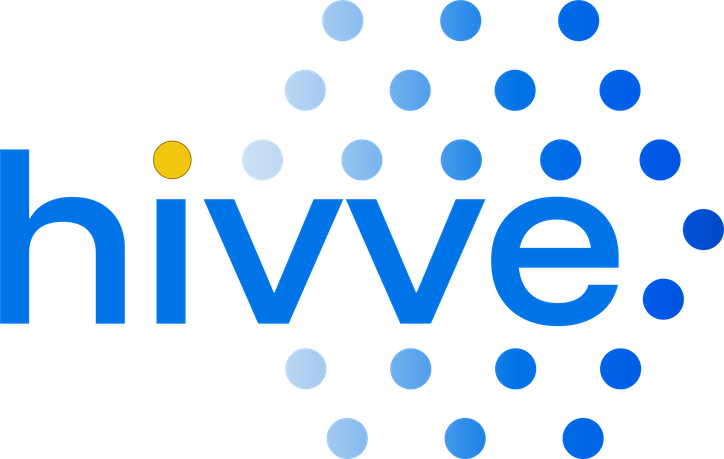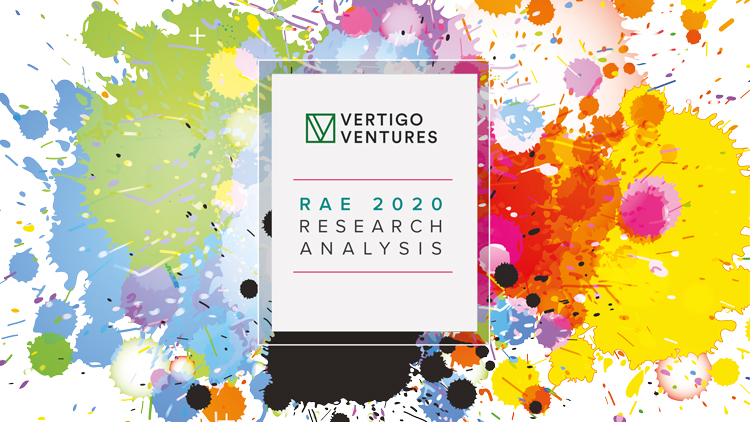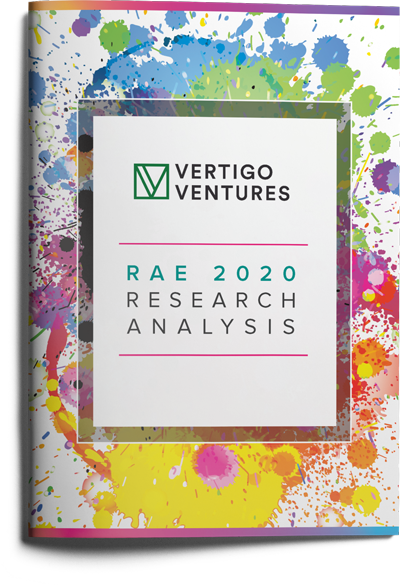Today Vertigo Ventures (VV) released a report on research impact within Hong Kong’s Research Assessment Exercise (RAE) 2020.
The RAE 2020 is the sixth assessment conducted by the University Grants Committee (UGC) to assess and benchmark the quality of research across Hong Kong’s eight universities. This cycle is the first to require an impact component within submissions, following the model of the UK’s Research Excellence Framework (REF).
Impact is defined by the UGC as “the demonstrable contributions, beneficial effects, valuable changes or advantages that research qualitatively brings to the economy, society, culture, public policy or services, health, the environment or quality of life whether locally, regionally or internationally; and that are beyond academia”.
The 148-page report takes a world-first, detailed look at the research impact of the exercise by analysing the Impact Case Studies (ICS), which cover impact, outcomes, pathways, time lags, quantitative data, and beneficiaries from the research.
Yesterday morning, Dr Mary Ho of VV presented the headline trends from the report at an exclusive online preview event that was attended by representatives from across the global academic community:

Dr Ho commented:
“This report shows that there is excellent work being carried out by institutions across Hong Kong, but that there are still plenty of ways to further adapt and improve impact – whether that’s making engagement as inclusive as possible, planning ahead for long-term impact, or building impact culture within units of assessments or departments. Now the UK’s REF 2021 results are out, we have more information than ever to understand the trajectory of global impact, and learn from both exercises in improving the processes around how we understand and assess research impact.
“Amongst the findings from the report, we can see that impact is decidedly long-term; it typically takes between 7-19 years for research to have an impact on society. This makes it imperative for institutions to consider their wider strategies and the report’s recommendations for capturing and demonstrating impact over time, especially in the build-up to the next RAE in 2026.”


